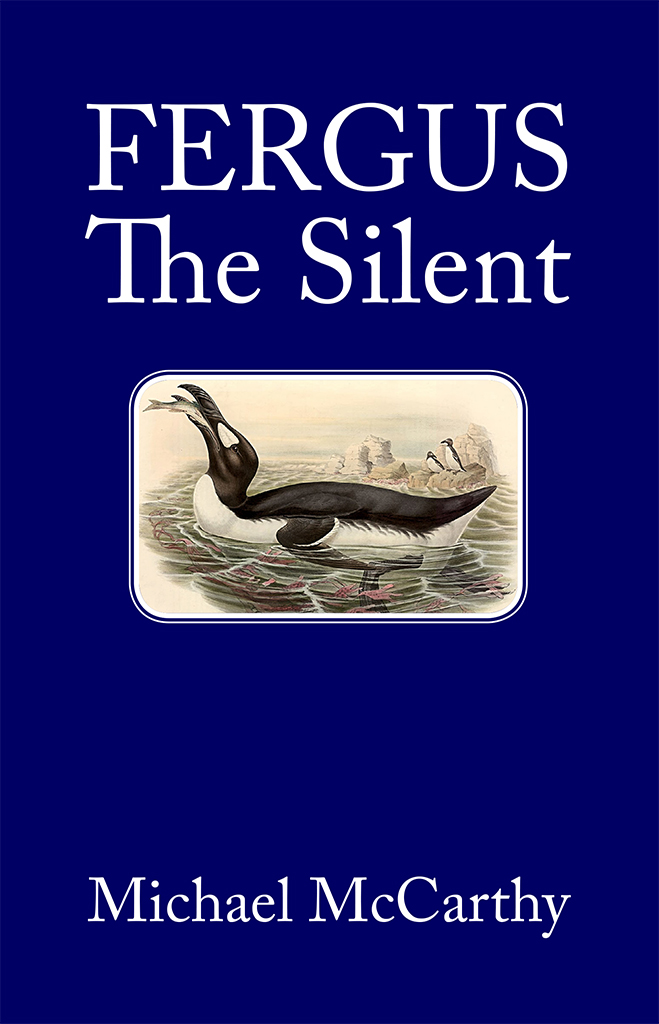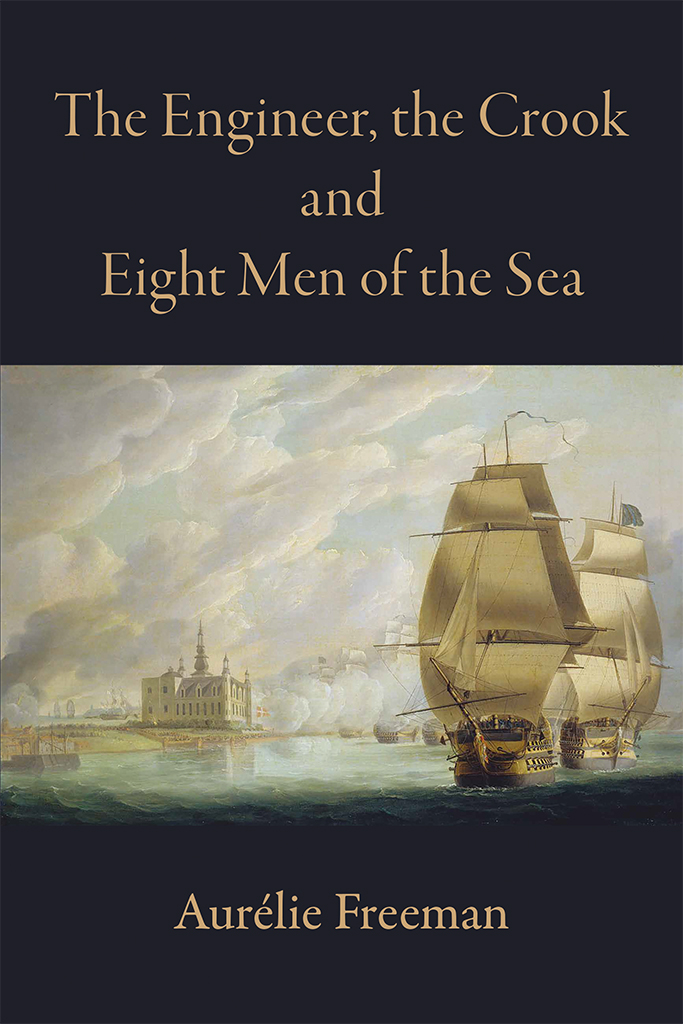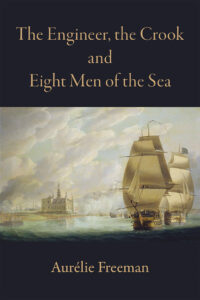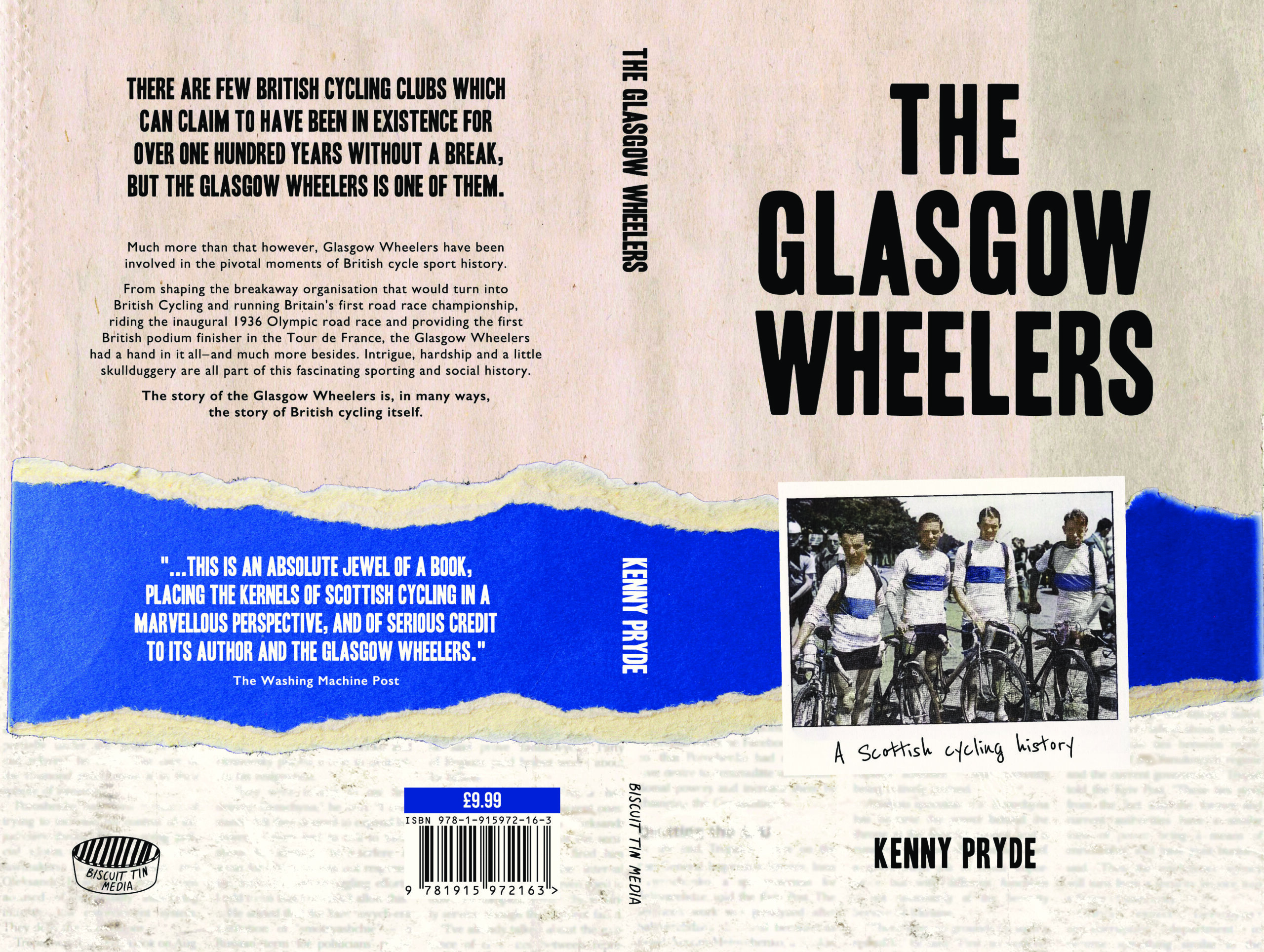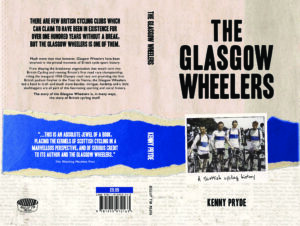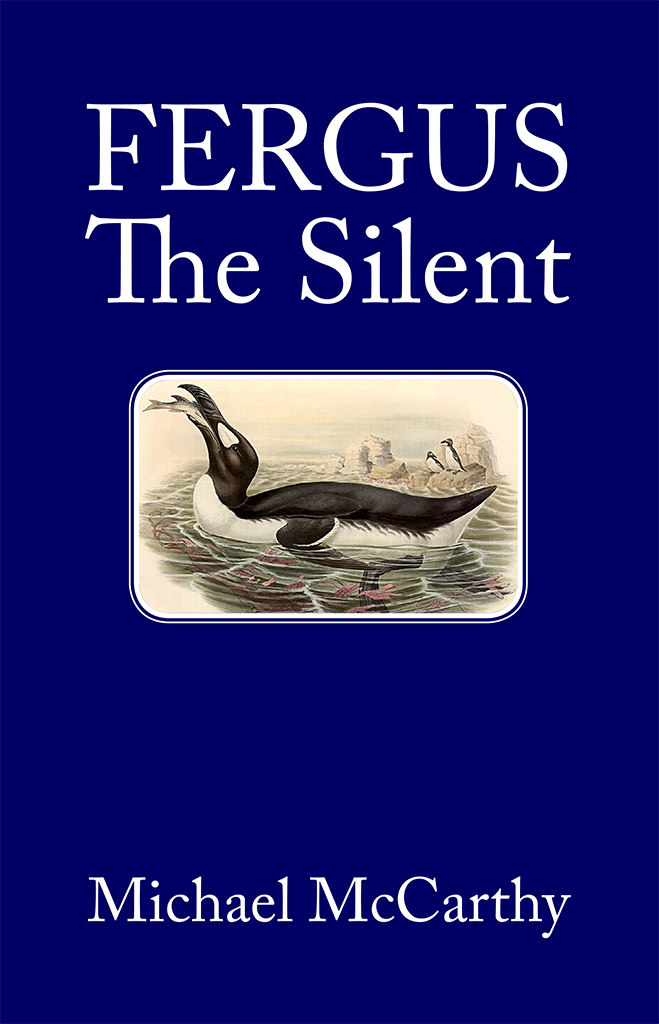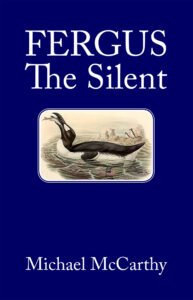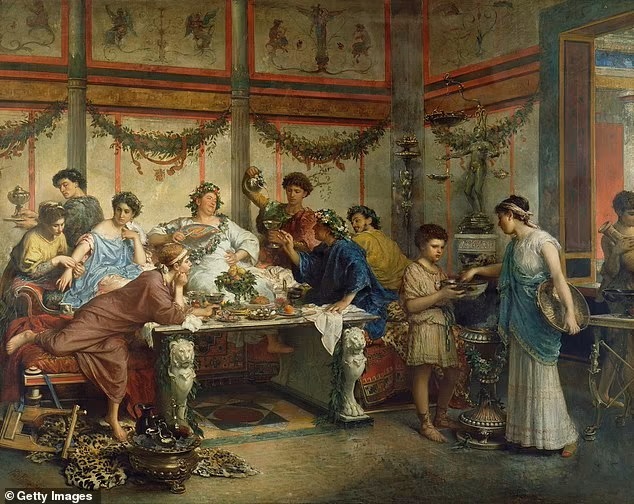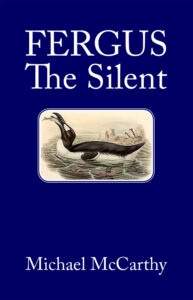
Fergus The Silent by Michael McCarthy, published by YouCaxton, has won the biennial creative writing prize awarded by the British and Irish Association for the Study of Literature and the Environment, the body which represents teachers and scholars of environmental writing and eco-criticism.
The novel imagines the rediscovery of the great auk, the legendary extinct Atlantic seabird, on a remote Scottish island, and the actions of the man who stumbles upon the birds – but who then keeps his discovery secret for seventeen years, with ultimately disastrous consequences.
The great auk formerly bred in Scotland but is believed to have gone extinct in Iceland in 1844.
The book emerged at the head of a very strong shortlist, on which it was the only self-published work. The result was announced at the ASLE conference in Liverpool on August 30th.
“This is a wonderful novel,” said the chair of the judges, Richard Kerridge, leader of the MA in Creative Writing at Bath Spa University.
“It combines a passionate and complex and at times disastrously painful love story, with a story about species loss and extinction, of a particularly ingenious and exciting kind. The plot structure and pace are superb. The joy, fear and greed arising for different characters from this astonishing find are beautifully worked into a moving, dramatic story.”
The author Michael McCarthy is a former Environment Correspondent of The Times and Environment Editor of The Independent, and an established writer on environmental themes. His book The Moth Snowstorm – Nature and Joy was shortlisted for the Wainwright Prize in 2015.
However, he was unable to find a publisher for Fergus The Silent and in the end published the book himself. It is his first novel.
“We are particularly delighted to award the prize to a self-published novel,” Kerridge said. “It is surprising that a book of this quality by a distinguished author didn’t find a mainstream or trade publisher.”
“Serious realist fiction that engages with these problems still has to fight for its place.”
“I have a very good agent but he simply could not find anyone to take the book on,” McCarthy said. “He received a whole series of what he termed ‘rave rejections’ – as in, ‘we think this is great but it’s just not quite one for us.’ In the end I got fed up with it just being a file in my computer and published it independently.
“I am honoured that it has received the prize.”
Fergus The Silent is published by YouCaxton Publications, ISBN 978-1-914424-38-0. It is available on Amazon, price £12.99.
For more information:
ASLE: asle.org.uk
Richard Kerridge, r.kerridge@bathspa.ac.uk
Michael McCarthy, mjpmcarthy1@gmail.com
